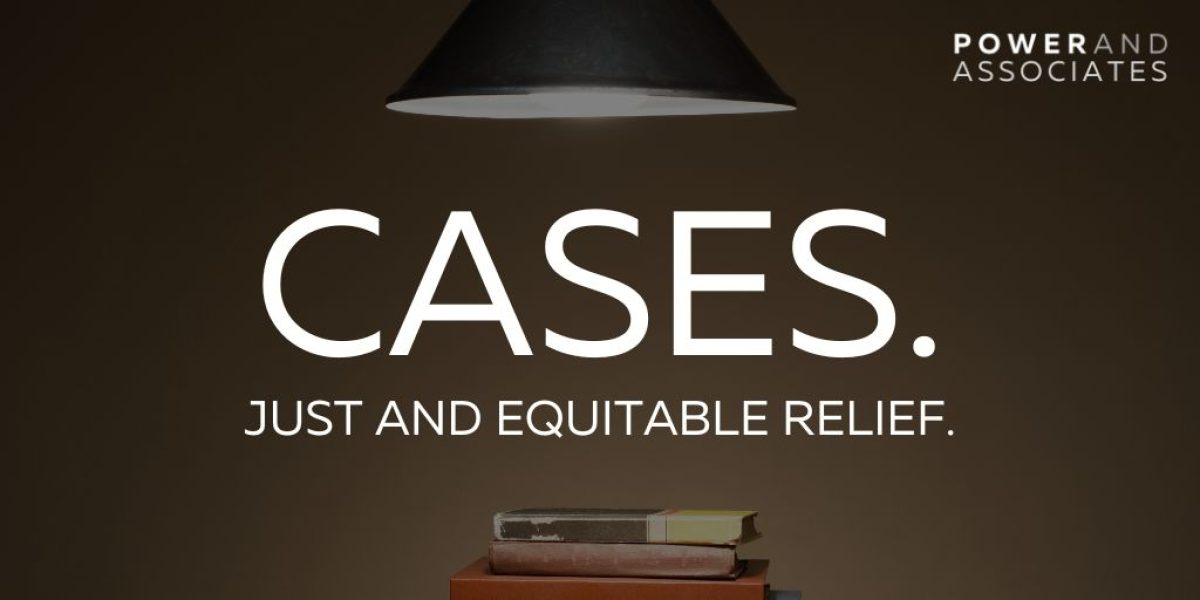European Court finds free speech infringement for defamation damages awarded to a judge
Pias Pires de Lima v Portugal, Application No. 70465/12
Date of judgment: 12 February 2019
Court: European Court of Human Rights, Fourth Section
*****
On 12 February 2019, the European Court of Human Rights (European Court) held that a lawyer’s right to freedom of expression, as contained in article 10 of the European Convention on Human Rights (European Convention), had been infringed following the applicant being ordered to pay Judge R.P. damages in the amount of €50,000 for defamation. The matter arose following a complaint lodged by the applicant with the High Council of the Judiciary (HCJ) against Judge R.P., in which the applicant complained that Judge R.P. had lacked impartiality while presiding over a matter in which the applicant had been the defence lawyer.
Background
On 1 March 2007, the applicant wrote to the HCJ to complain of a lack of impartiality on the part of a judge – referred to as Judge R.P. – who had presided over a case in which the applicant had been the defence lawyer. The applicant alleged “corruption” and a “scam” on the part of Judge R.P. The applicant’s complaint was dismissed by the HCJ. Following this, Judge R.P. sued the applicant for damages in a civil claim for defamation.
On 17 July 2008, the Lisbon Court ordered the applicant to pay €50,000 (EUR) in compensation to Judge R.P. Following an appeal, the Lisbon Appeal Court set the judgment aside, and referred the case back to the court of first instance. The Lisbon Court resumed the fact-finding process and held a fresh hearing, and on 22 April 2010 ordered the applicant to pay Judge R.P. the same sum of €50,000 in damages. The Lisbon Court also dismissed the applicant’s allegations of corruption and lack of impartiality in respect of Judge R.P. A further appeal led to the amount of damages being increased to €100,000. Thereafter, the applicant appealed on points of law to the Supreme Court, which reduced the amount of compensation back to €50,000.
In addition, the Bar Association imposed a reprimand on the applicant for failing to notify Judge R.P. that he would be lodging a complaint with the HCJ, as required by the Statute of the Bar Association.
Before the European Court
Before the European Court, the applicant argued that the court order to pay damages for attacking a judge’s reputation had amounted to an infringement of his freedom of expression, and therefore constituted a violation of his right under article 10 of the European Convention.
The European Court considered the findings of the domestic courts that the allegations made by the applicant against Judge R.P. in his letter to the HCJ had been particularly serious, and had called into question Judge R.P.’s personal honour and professional integrity as a representative of the judiciary. The European Court further considered it appropriate that the domestic courts had, in consequence, expected the applicant to substantiate his accusations with relevant evidence. The European Court, therefore, concluded in this regard that the domestic courts’ reasons for finding the applicant liable in the civil action had been “relevant” and “sufficient”.
However, in respect of the damages awarded, the European Court considered that the amount of compensation that the applicant had been ordered to pay to Judge R.P. was excessive. This was especially so because the accusations had not been made public, but rather through a complaint in a letter sent to the HCJ. As noted by the European Court, although the statements in question had been discussed in judicial circles, the applicant could not be held responsible for leaks from proceedings that were supposed to remain confidential.
Accordingly, the European Court concluded that the interference with the applicant’s freedom of expression had not been “necessary in a democratic society”, and was, therefore, an infringement of the applicant’s right to freedom of expression as contained in article 10 of the European Convention.
The full judgment (in French) is accessible here.
The media summary (in English) is accessible here.
Please note: The information contained in this note is for general guidance on matters of interest, and does not constitute legal advice. For any enquiries, please contact us at [email protected].





